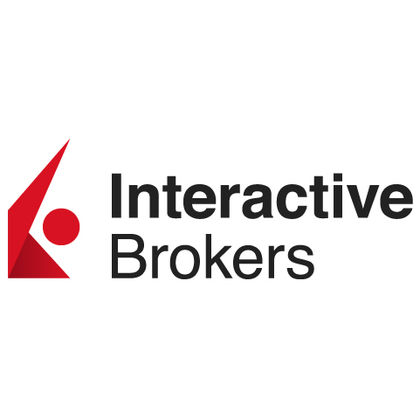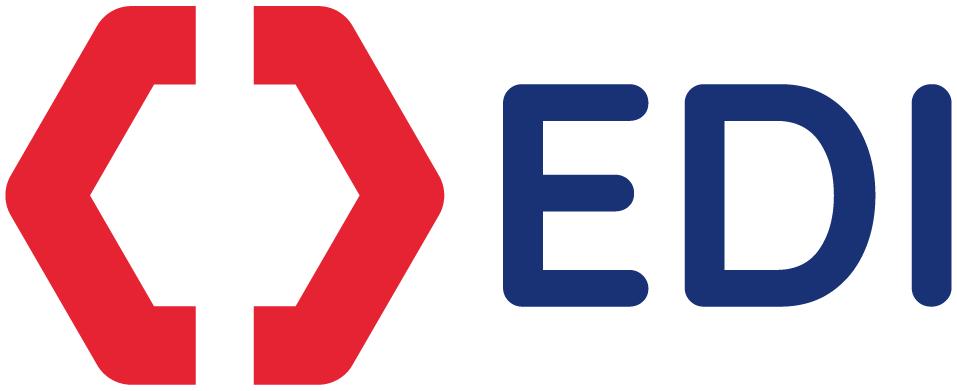Which is the best option for YOU?
Trading and investing are two different approaches that have their risks and advantages in the stock market.
Among the many factors that decide whether you should lean towards either investing or trading, the most basic is knowing your long-term financial goals, your instinct for quick decision making, your commitment to providing the time and research required, and your ability to cope with the drastic fluctuations in price.
So, what exactly is the difference between trading and investing?
In the simplest words, trading is the action where you assess the stock market, have a knack for fast thinking and crucially buy and sell stocks in a short period of time to gain quick returns.
On the other hand, while investing also requires assessing the stock market, its functions are almost entirely different. In investing, you buy an asset with the belief in its long-term growth and value with the hope to achieve long term gains.
While making money from money and having ample savings is a concern for many smart individuals, for whatever reason it may be for, it is essential to know what is the right approach once you’ve decided to play with the stock market.
Before delving into the pros and cons of investing and trading, let’s assess the major differences.
Trading:
- Trading is generating returns that require quick buying and selling.
- Traders believe that the share price will move in their expected direction to achieve the target.
- The profit is earned by buying and selling shares at a higher price.
- Trading requires a very short time buying and selling. Sometimes as little as minutes!
- Technical analysis is required by traders.
Investing:
- Investors believe that the company will grow in value over time and provide returns in the form of dividends.
- The profits are earned by gaining dividends on stocks and reinvesting them.
- Investing requires holding an asset or stock for long periods of time.
- It is important to know all market fundamentals for investing.
- Investing is the process of building wealth over a long time by buying an asset and holding it.
Both trading and investing comprise characteristics that bring benefits along with their fair share of risks, however, one might be more fruitful to a specific type of individual.
While trading comes with high returns in a short period of time, it requires more time and capabilities to analyze market situations frequently, along with making educated guesses – or just plain speculation. It is also frequented by individuals in their prime, who can take big risks and is not suited for people who would rather have a slow, but constant, increase in their wealth.
Investment, inversely, might have low short-term returns, but after investing in a well-diversified portfolio, it allows you to relax for months or even years. Making long term investment requires adequate knowledge of finance and its technicalities. For the companies you invest in, you must be able to assess the financial ratios, the valuation by PE or PBV ratio, or free cash flows. Investment has seemingly been the go-to option as it requires less speculation, fewer risks, and a gradual build of wealth.
People who want to make money while avoiding huge losses usually lean towards investing where they reinvest the dividends they earn as well. But individuals who are risk-takers and look to gain huge profits in a short time, lean towards trading.
What should be the best option for you?
The very first question you must be able to answer is timing. If you have time to spend hours daily on market research or reading graphs, then perhaps trading is better for you. If you don’t, then investing is better. The second is to understand your size as an investor and your goals for it. If you are a small investor then it is not a wise decision to take risks and trade. However, if you are a comparatively large investor with short term goals, you could potentially play the stock market and trade if you believe you can handle the risks.
For the many reasons mentioned here, it is impossible to name either approach the best. And it is important to know that both trading and investing don’t have to be mutually exclusive. You may invest the majority of your money in a diversified portfolio for the long term, and employ the rest in short term trading.
To conclude, while trading might seem exciting to some individuals with its high gains in a short period, it is mindless to negate the amount of daily time, research, and speculation that comes with it. One sell/buy that is too early – or too late – can lead to major losses. Ergo, when making smart decisions about the money we have spent so much effort earning, it is wise to not take many risks. Constant worry about your money during trading takes away from the purpose of investment of gradually growing over time in value to give you peace of mind later on in life. Investment, with its sustainable and gradual growth over a period, remains the – competitively – better option in this case.

















